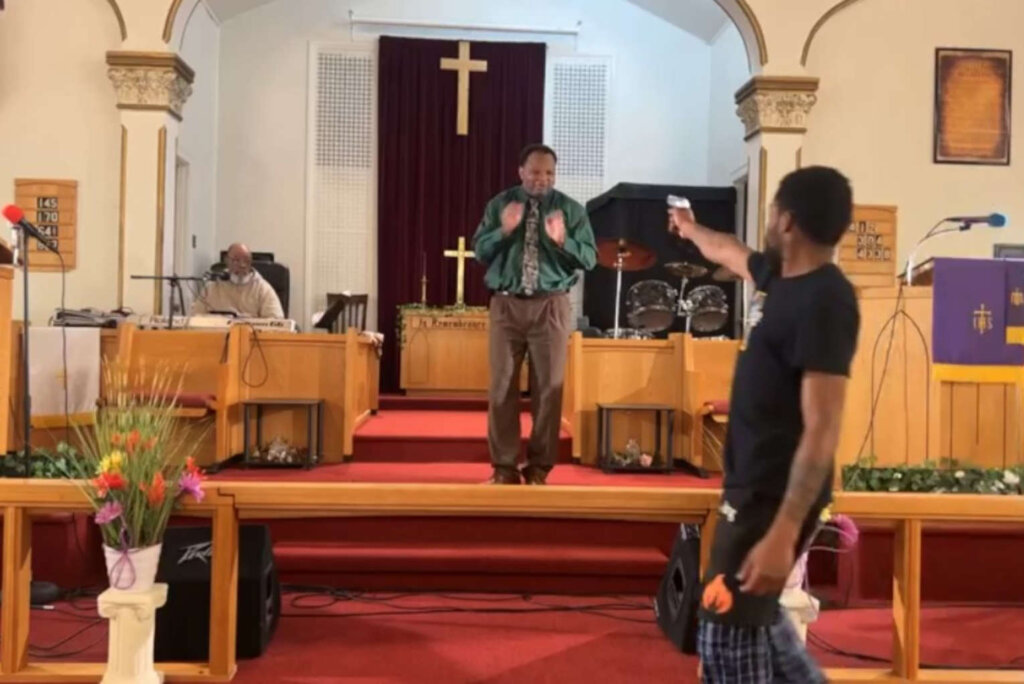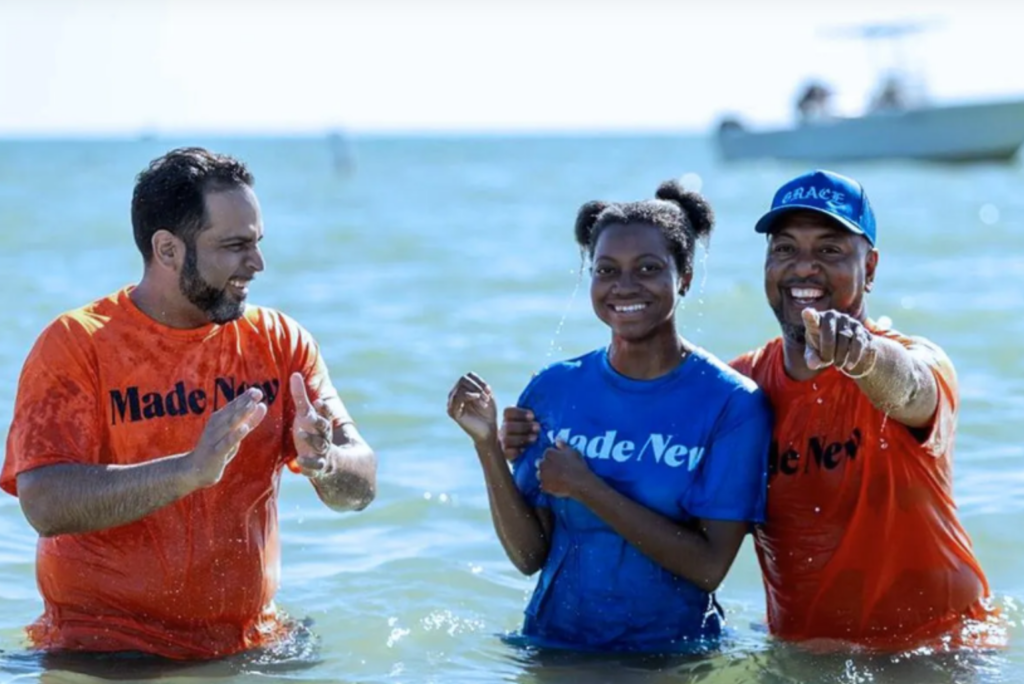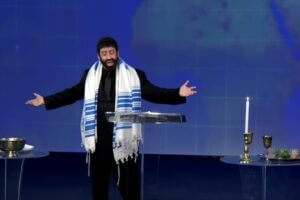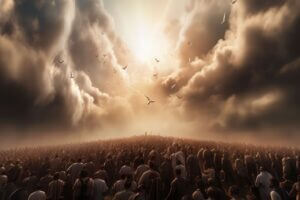The U.S. Supreme Court’s decision April 20, 2011 in Sossamon v. Texas is likely to have significant ramifications for churches, temples, mosques and other religious organizations. So says expert religious land use attorney Daniel P. Dalton.
The Sossamon v. Texas ruling, though specifically pertaining to inmates incarcerated in state prisons, is expected also to be applied to the land use portion of the Religious Land Use and Institutionalized Persons Act (RLUIPA). This would disallow damages awards in such cases. Previously, religious organizations have had the opportunity to file suit and win injunctive relief from municipalities in addition to being awarded damages.
The Court ruled that “states which accept federal funding for their prisons retain sovereign immunity to monetary damage claims under RLUIPA.” Section 4 of RLUIPA states inmates may “obtain appropriate relief against a government” if it has significantly hampered their religious exercise sans a “compelling interest.”
“Sossamon v. Texas undoubtedly hampers the ability of religious organizations to pursue compensation in land use claims, but it does still permit them to secure injunctive relief and attorney fees,” says Dalton, who has represented religious organizations in landmark RLUIPA cases nationwide. “It’s a blow to a growing movement in which churches, temples and other religious communities are fighting back against cities over the right to worship, but it will not extinguish these efforts.”
The Sossamon v. Texas majority opinion, written by Justice Thomas, concluded waiver of sovereign immunity requires an express and clear statement to that effect in the statute, and that this standard has not been met as to the obligation of monetary damages. A dissenting opinion, written by Justice Sotomayor, argued it should be clear that “appropriate relief” includes monetary damages.
“While religious organizations may no longer be able to seek monetary damage claims under RLUIPA, there are still several options for relief,” says Dalton. “Organizations also can secure damages by asserting and proving first amendment Free Exercise claims as Congress has provided that damages are available pursuant to another Federal statute, 42 U.S. Code Section 1983.”
See an error in this article?
To contact us or to submit an article























